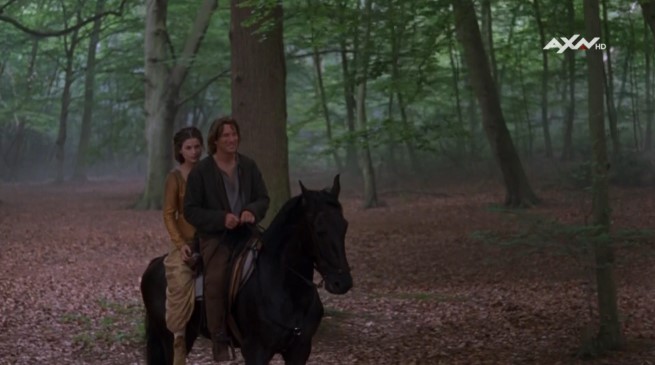Yet another flare-up in oil and gas prices. And the risks of an energy shock and an overheating of inflation, in the long wave of uncontrolled price increases, ended up on the Eurogroup table in an attempt to find shared solutions “and coordinated purchases” of energy sources at the community level, alongside to a review of the functioning of the European gas and electricity markets.
For the European Commissioner for the Economy, Paolo Gentiloni, the operational proposal of the EU Commission will arrive “certainly in October” and “the important thing is to ensure coordination between the various countries, respond to the problems posed especially for the most vulnerable families and SMEs , and do it with targeted and temporary measures that cannot contradict the path towards the climatic tradition ». But the road appears to be all uphill with Paris wanting to bet everything on nuclear power, Berlin effectively withdrawing from the debate by focusing on the principle of ‘self-regulation of the market, while Madrid – supported by Rome and Lisbon – has proposed an EU platform for joint purchase of gas.
On the New York market, WTI crude oil prices have risen to their highest levels since 2014, approaching $ 80 a barrel. A threshold already exceeded by Brent which reached 82 dollars, while gas continues its run with a rise of 6.5%. As a cascade, the price lists at the petrol, diesel and LPG pumps are revised upwards and the pressure on prices could rise again after OPEC has disappointed market expectations by deciding not to open the taps too much. At today’s summit, the Cartel’s exporting countries, together with Russia, preferred to remain cautious and limited themselves to confirming the planned plan of “gradual increases” in production, setting an increase of 400,000 barrels per day for November. A move that could prove to be a boomerang and among economists there are those who fear that a sustained oil price of 80 dollars a barrel could undermine the recovery of the global economy, and generate an adverse reaction on post-pandemic economic growth.
For Brussels, the energy emergency must be tackled together. Among the most popular hypotheses, that of exploiting the EU negotiating weight (following the example of what happened for the purchase of vaccines) and coping with these shocks through, for example, the storage of common stocks or agreed purchases. “Among the elements that can be discussed” to counter the surge in energy prices, Gentiloni pointed out, “there is also that of procurement, but it is not the same as buying vaccines”. The most articulated proposal for now is that of the single EU platform for natural gas contracts, extraordinary sales of emission quotas to create a European hedge fund against expensive bills and a free hand to the interventions of the States: Greece, Poland and Spain they will present in three different documents to the Environment Council on Wednesday. Madrid, in addition to the unified contracts, also calls for the reform of the EU electricity market and measures to prevent speculation in the ETS.
On the other hand, France’s wager on nuclear power is out of the chorus. “We strongly believe that nuclear production is one of the key responses” to the surge in energy prices and climate change, said the French Minister of Economy, Bruno Le Maire, warning that “the increase in energy prices will be a long term due to the environmental transition ». Paris also hopes for a revision of the EU energy market, a misalignment of gas and electricity prices and wants the EU to diversify its sources of energy supply. “We do not want to depend on supplies from abroad,” explained Le Maire, asking for a reduction in dependence on gas exporting countries. First of all Russia. A delicate point especially for Germany, struggling with the controversial certification of the Nord Stream 2 gas pipeline.
© All rights reserved
–


